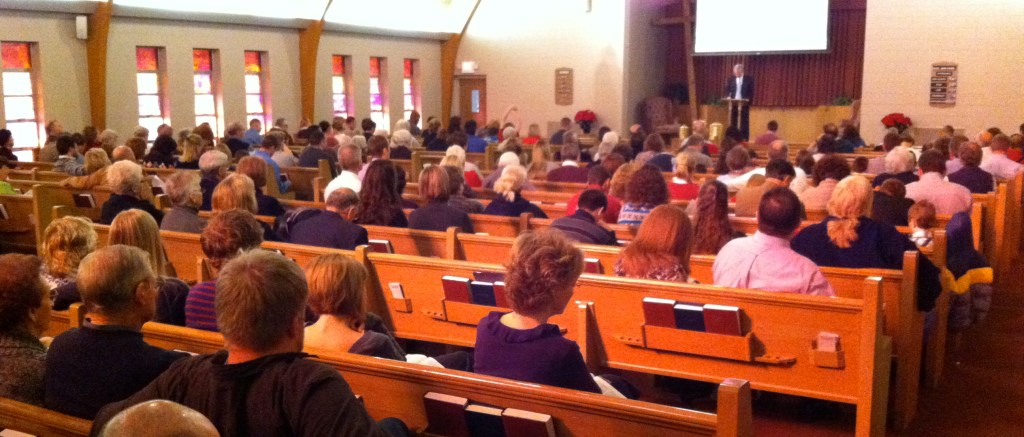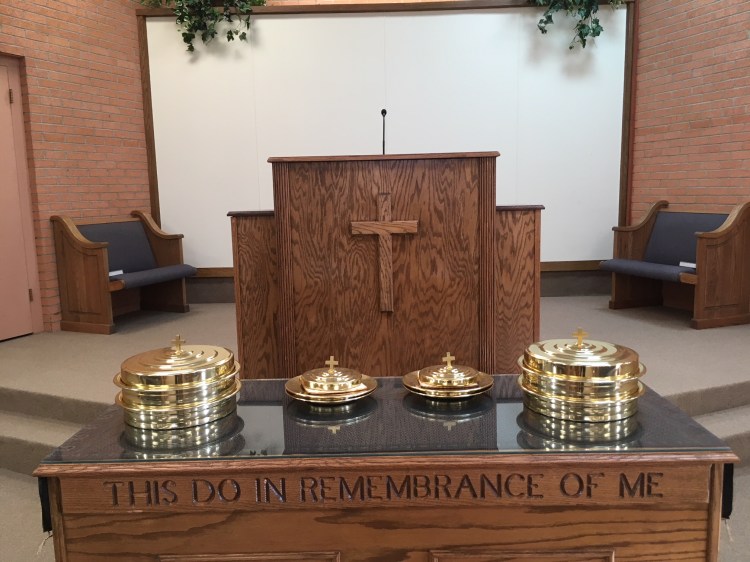
In 1962 James DeForest Murch published a single-volume history of the Restoration Movement. He entitled it, Christians Only, in recognition of the basic message of the early restoration preachers in America. His work chronicled the beginnings of this movement in Europe and briefly covered its arrival and spread in the United States up until the early 20th century. For many years Murch’s book was a primary text for students of restoration history.
It has been more than 200 years since the principle of restoring New Testament Christianity first began to be proclaimed in the United States. Sadly, the idea met with opposition from the religious hierarchies of the time, most notably when certain subjects, such as baptism and the worship and organization of the church, came under discussion. This oppositio n forced many preachers to leave the denominations in which they had been ordained as ministers and to seek a different path.
In time these early restoration preachers began to throw off the labels and practices that characterized the denominations from which they came. As they struggled to understand scripture minus their denominational dogmas, they began to see the simple message proclaimed first by the apostles. Not only did this affect the content of their preaching, but it also led them to call themselves “Disciples” or simply “Christians”.
The decision to discard all denominational names and practices was, and remains, a pivotal point in the history of Christianity in America. These men hoped that doing this might bring together all believers in a single body that would honor Christ in accordance with His revealed word. Their experiences within their various denominations had shown them that too often people were more loyal to their denomination than they were to God’s word. This was simply unacceptable.
Unfortunately, this fact is still an issue today. Too many good and sincere believers in God are more loyal to their denominations than they are to the scriptures. How else can we explain the many and varied views on how one is saved, or how we should worship, or how the church should be organized? In the face of clear statements of scripture which contradict these various beliefs and practices, many fall back to their denominational dogma as though that trumps what the scriptures say. Until and unless one commits to being a Christian only, he will continue to be shackled to man-made doctrines. Until and unless one commits to obeying the dictates of scripture, he will remain outside of Christ.
Jesus said that His word will judge at the last day (Jn. 12:48). His word is clear with regard to salvation. The Lord told Nicodemus that unless one is born of the water and the Spirit he cannot enter into the kingdom of God (Jn. 3:5). He told the Jews that unless they believed in Him, they would die in their sins (Jn. 8:24). He told believing Jews to continue in His word in order to be true disciples, so they would know the truth that makes them free (Jn. 8:31-32). He said that unless one repents, He will perish (Lk. 13:3, 5). He said that if we confess Him before men He will confess us before His Father in heaven (Mt. 10:32-33). He also said that the one who believes and is baptized will be saved (Mk. 16:16). His final admonition to the church in Smyrna was to be faithful until death so they would receive the crown of life (Rev. 2:10).
This is what Jesus said. This is what the apostles preached. This is what every believer in the first century obeyed in order to be saved. This is how they became Christians — Christians only. If we wish to be saved we must become Christians just as they did. Christians only.








